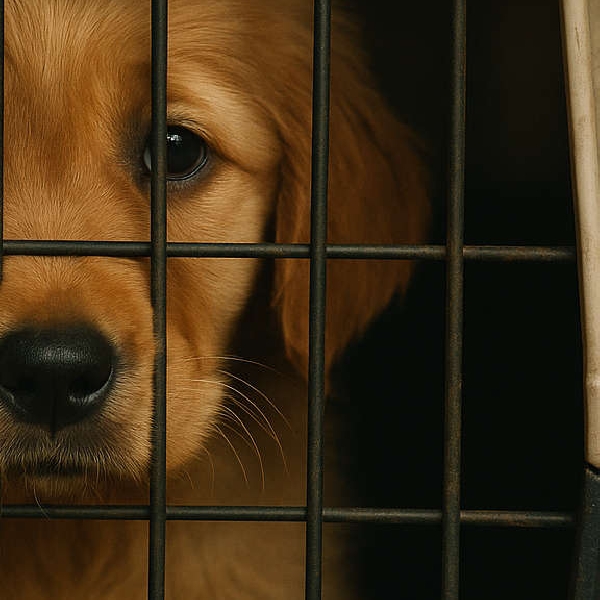
Kfm spoke to Sunday Times journalist John Mooney, who conducted a year-long investigation into puppy farming across Ireland.
As Ireland quietly becomes one of the world’s leading exporters of designer puppies, new attention is being drawn to how the trade is regulated - and what’s being overlooked.
A Kfm review of public records shows nine registered dog breeding establishments in Kildare, updated in September 2024.
These include addresses in Athy, Naas, Ballymore Eustace, Newbridge, Straffan, Colbinstown, Donadea, and Monasterevin.
There is no suggestion that the registered facilities, detailed below, are operating unethically or unlawfully.
Dog Breeding Establishments registered in Kildare as of September 9th 2024.
| No. | Address |
|---|---|
| KE001 | Loughharbour, Athy, Co. Kildare |
| KE002 | Punchestown, Naas, Co. Kildare |
| KE003 | Bishophill, Ballymore Eustace, Co. Kildare |
| KE004 | Barrettstown, Newbridge |
| KE005 | Roseberry, Newbridge |
| KE006 | Castlewarden, Straffan |
| KE007 | Usk Little, Colbinstown |
| KE008 | Glenmalure, Donadea |
| KE009 | Oldgrange, Monasterevin |
According to the council, these premises are inspected to "ensure compliance before they are registered".
When asked if there are any follow up inspections, a council spokesperson said inspections are carried out annually.
They said animal welfare issues, however, are within the remit of the Department of Agriculture.
Kfm spoke to Sunday Times journalist John Mooney, who conducted a year-long investigation into puppy farming across Ireland.
His investigation paints a stark picture of the broader industry Ireland is facilitating - in most cases legally, but often at a cost to animal welfare.
Mooney outlined the findings of a year-long investigation into the trade, its international reach, and the weaknesses in the local authority licensing system that enable it.
“This whole industry and the dog breeding industry, it's been turbocharged by globalisation, it's been turbocharged by social media and the internet," Mooney said.
His investigation tracked puppies bred in Ireland and legally exported to destinations as far away as Singapore.
He said most Wednesday mornings, "there are crate loads of dogs delivered to Dublin Airport, and they are exported to different countries in Southeast Asia.”
“These dogs are put in crates, there's various companies that arrange this, and they'll be shipped out to animal dealers in Asia," he said.
He added: “Some of these dogs are actually photographed in Ireland, and they're actually sold before they even arrive.”
While many assume that having a Dog Breeding Establishment (DBE) number is a sign of quality or ethical practice, Mooney said: “That just means it's a licensed puppy farm. And you literally can be flushing your money down the toilet or setting yourself up for a lifetime of hardship with looking for an animal that will inevitably develop significant health problems.”
He described disturbing accounts from owners whose new puppies became gravely ill or died shortly after purchase. Issues ranged from liver damage and heart defects to hip dysplasia.
"I spoke to a number of owners who actually had animals that they either had to put to sleep or simply just died," he said.
He said local authorities play a central role in licensing and regulating breeding operations.
Mooney said that under the 2010 Dog Breeding Establishments Act, each council is responsible for inspections and enforcement.
But Mooney is deeply critical of how those powers are being used - or not used.
When asked if local authorities are failing in their response, he said: “Failing is probably a kind word to describe it.”
“This legislation was brought in a number of years ago with the intentions of prohibiting large scale intensive production of dogs because no one thought for a moment that any council in this country would issue licenses for anyone to hold hundreds of dogs in a breeding facility. But yet that's exactly what happened. They did not want to incur the cost with having to seize them, rehome them, or inevitably put some of them to sleep because they couldn't be rehomed. So therefore, they started licensing these. That legislation, while it was designed to stop this industry, in point of fact, turbocharged it.”
He also described how some councils refuse to act on poor conditions.
He said they are not publishing their inspection reports because they think the public would be horrified by this.
Kfm has requested a copy of recent inspection reports carried out on behalf of Kildare County Council.
“If you are buying a dog and you're transacting that online through an advertisement, it's coming from a puppy farm. There's no Cavapoo, Labradoodle or anything else that's been sold that isn't coming from one of these breeders. If it's a designer dog, it's coming from a puppy farm, I'm afraid to say. The real best thing is to actually go and adopt the dog.”
He recounted the emotional toll of witnessing a shipment of terrified golden retriever puppies being loaded for export:
“I remember just looking in a particular crate with a number of little golden retrievers that there were weaned, but these were desperately scared little animals. And they were about to take off to the far side of the world. I remember kind of saying to myself, like, really, is this what this has come to?”
You can listen to Kfm's full interview with John Mooney below.
The inclusion on the public register of Kildare breeders and the mention of the establishments in this article does not indicate any wrongdoing.

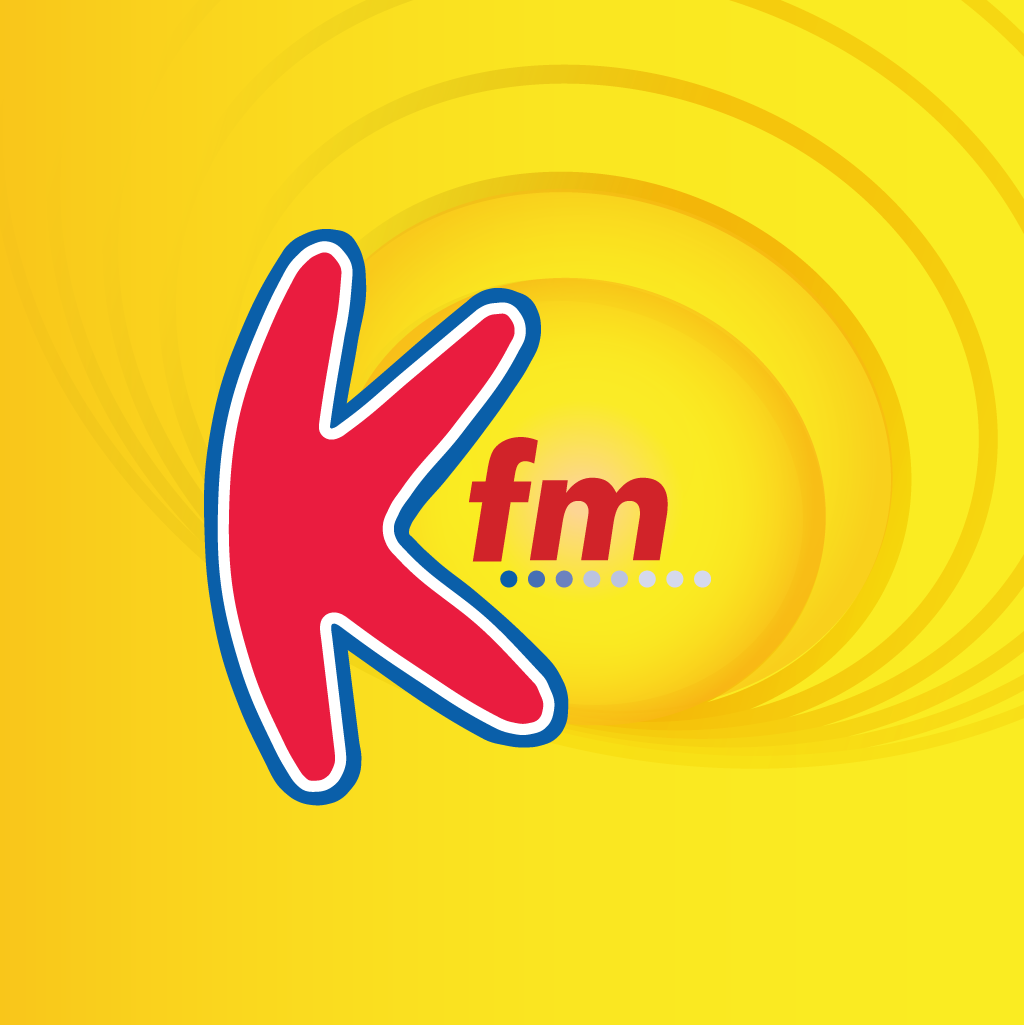

 Kfm Obituary Notices
Kfm Obituary Notices
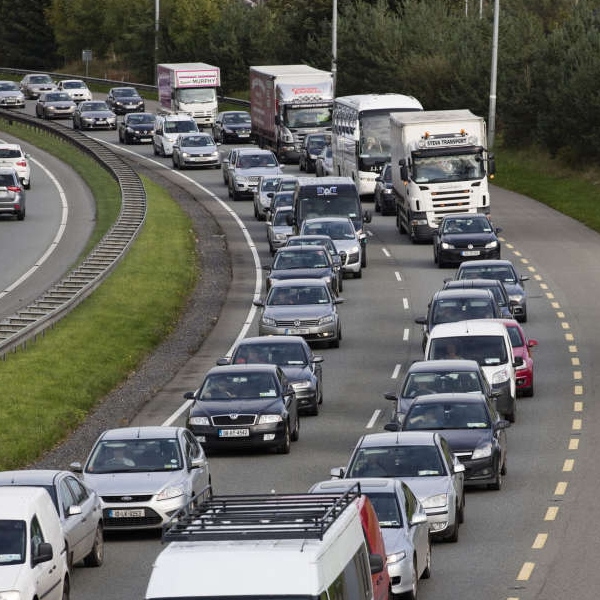 Sharp Rise In M9 Collisions With Garda Call-Outs Up Year-On-Year
Sharp Rise In M9 Collisions With Garda Call-Outs Up Year-On-Year
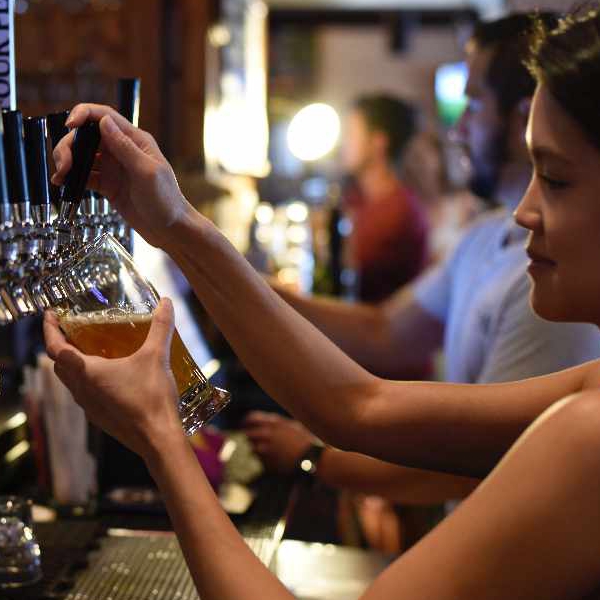 Councillor Seeks Clarity On How Often Nightclubs and Late Bars In Naas Are Inspected For Fire Risks
Councillor Seeks Clarity On How Often Nightclubs and Late Bars In Naas Are Inspected For Fire Risks
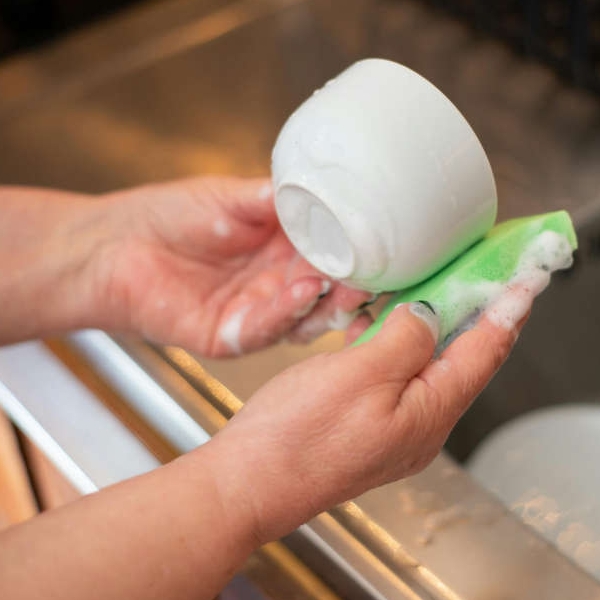 Unpaid Eight-Month Work And Training Placement For Adults With Disabilities Branded "Extremely Unfair"
Unpaid Eight-Month Work And Training Placement For Adults With Disabilities Branded "Extremely Unfair"
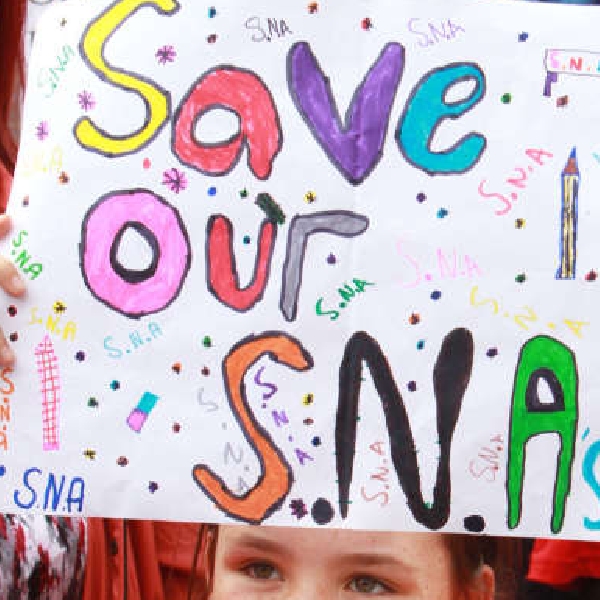 Department Of Education Defends Kildare SNA Cuts Amid Claims Of Reduced Need At Some Schools
Department Of Education Defends Kildare SNA Cuts Amid Claims Of Reduced Need At Some Schools
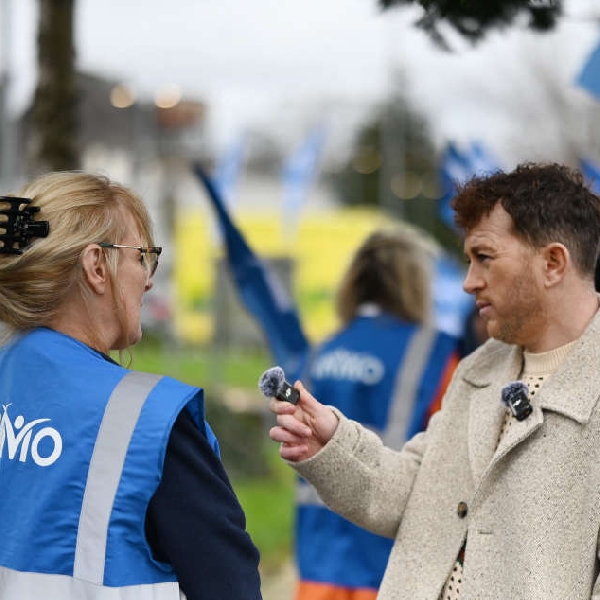 Naas Nurses Threaten Escalation As Staffing Row Deepens
Naas Nurses Threaten Escalation As Staffing Row Deepens
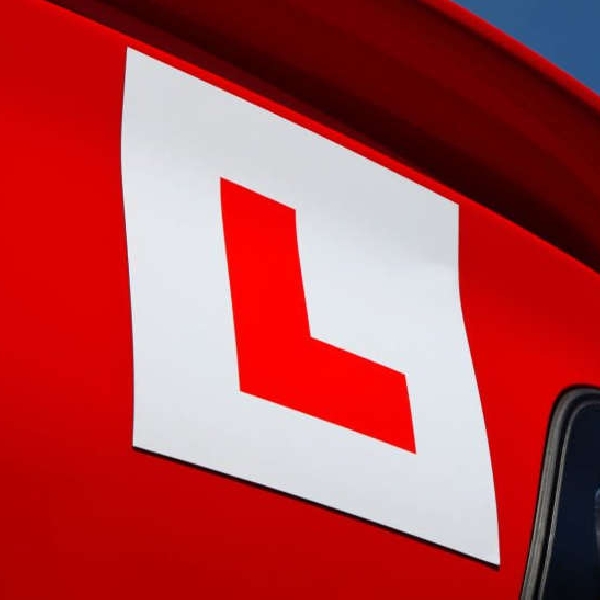 Driving Tests Face Disruption As RSA Testers To Strike Next Week
Driving Tests Face Disruption As RSA Testers To Strike Next Week

